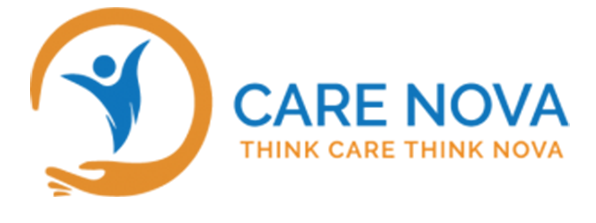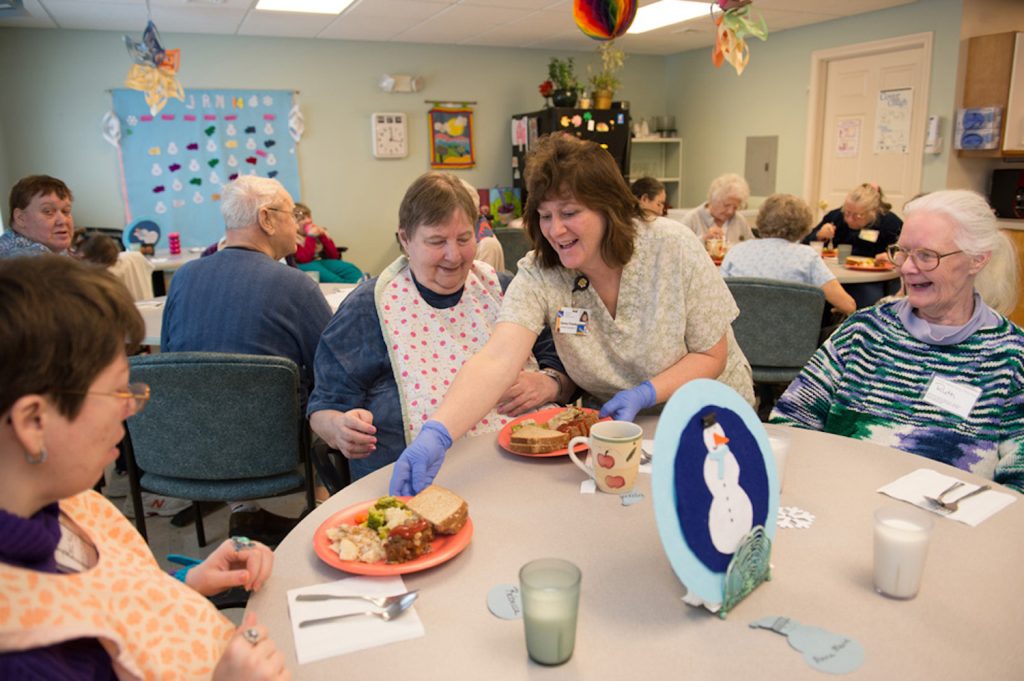In the context of a small NDIS setting, the significance of staff training and development cannot be
overstated in ensuring top-notch, person-centred support for participants. The unique dynamics and
opportunities inherent in smaller organizational frameworks demand a strategic training approach that
optimises resources and fosters an environment of continual improvement.
A primary focal point in staff training revolves around instilling a person-centerer mindset. Given that
small NDIS providers often work closely with a limited number of participants, it becomes imperative
for staff to comprehend and cater to individual needs, preferences, and aspirations. Training initiatives
underscore the vital importance of establishing meaningful connections and customizing support to
suit the unique circumstances of each participant.
Equally crucial is skill development, especially in areas directly pertinent to the specific needs of
participants. Training modules encompass a spectrum of skills, ranging from effective communication
and problem-solving to specialized care techniques. The advantage of small settings lies in the
tailored nature of training that directly aligns with the services offered, ensuring that staff are well-
prepared to address the diverse needs of participants.
A commitment to continuous learning forms the bedrock of staff development in small NDIS settings.
Regular training sessions, workshops, and access to pertinent resources keep staff abreast of
industry best practices, policy changes, and emerging trends. This ongoing dedication to learning
empowers staff to deliver the highest quality of care and support, thus contributing to positive
outcomes for participants.
Given the multifaceted responsibilities in small NDIS settings where staff often wear multiple hats,
there is a need for a versatile skill set. Training programs acknowledge the necessity for flexibility and
adaptability, equipping staff to navigate various roles and responsibilities seamlessly. This approach
ensures that each staff member, even in smaller teams, can contribute effectively to the overall
success of the organization.
Crucially, staff training transcends technical skills to encompass values and principles. Small NDIS
providers prioritize a culture steeped in respect, empathy, and inclusivity. Training programs reinforce
these fundamental values, cultivating a positive and supportive environment that benefits both staff
and participants.
By investing in staff training and development, small NDIS providers establish a foundation for
excellence in service delivery. The emphasis on person-centerer care, skill development, continuous
learning, adaptability, and a values-driven culture collectively contributes to the overall success of the
organization, guaranteeing that participants receive the highest standard of support.




